22 vegetables: seed shelf life, how much they germinate after soaking
Content:
The shelf life of seeds and their germination, what temperatures and percentage of humidity are recommended, and a few more tips for sowing. 22 vegetables with all storage and sowing conditions.
Any seeds have their own expiration date. That is, the period of time when they retain their vital activity. Not only novice gardeners, but often experienced amateurs, do not distinguish between the shelf life indicated on the seed packaging and the shelf life when the seeds retain a sufficient percentage of germination.
General rules
What does germination mean? This is the percentage of seeds that will sprout from the entire package. The shelf life depends on several factors. The presence of moisture in the air, temperature, the presence of moisture in the seeds, oxygen can affect the germination. General storage rules - not a bright, not humid room that is well ventilated. These conditions are due to the fact that due to moisture, the seeds can germinate right at the storage site, and the access of oxygen supports the life of the seeds, because without it they will simply die.
In order for the seeds to give everything for the future harvest, it is necessary to provide the recommended humidity and temperature.
Next, let's take a look at the cultures separately.
Expiry dates of seeds: cucumbers
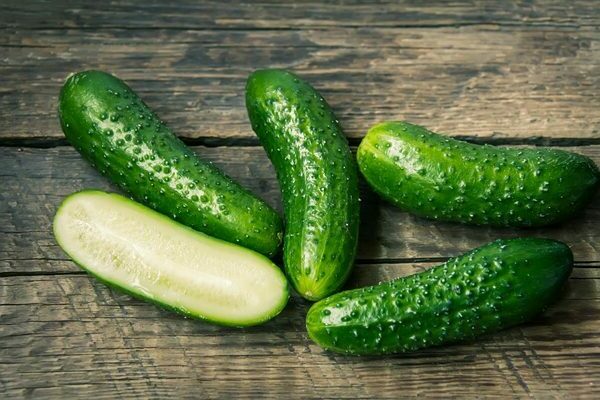
For them, it is necessary to maintain a temperature of +19 to +25 degrees at the first stage of germination, otherwise the seeds will need more time to germinate or, in the worst case, they will die. At the right temperature, sunrises can be seen in less than a week. When planting, do not forget about the importance of the soil.
Tomatoes
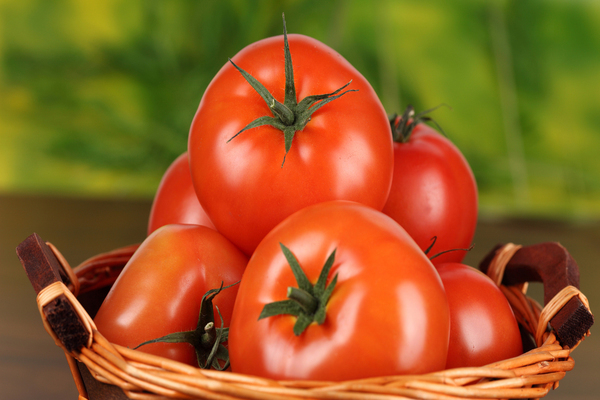
The seeds themselves, if stored properly, can remain viable for more than 5 years. For germination, a temperature of 24 degrees (plus / minus two degrees) is suitable. The shoot will be in a week. If desired, it is worth placing the seeds in advance in any growth stimulator for better germination.
Watermelon
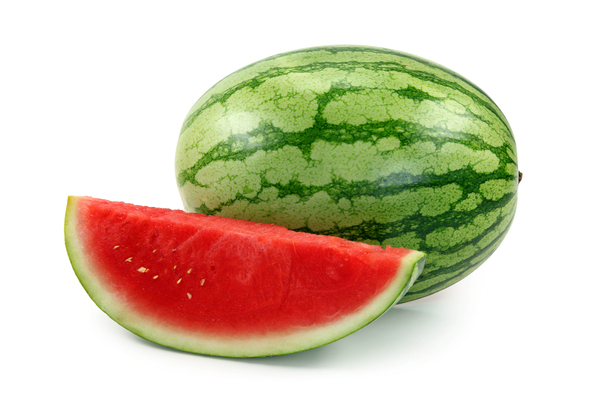
This berry belongs to the melon culture, and their germination remains at the same level for an average of seven years. It should be grown at high temperatures up to 31 degrees. Under such conditions, ascent will occur within a couple of days.
If you collect watermelon seeds yourself, wash the seeds from the juice and dry. A paper towel works best for this. While the seeds are drying, prepare a cloth bag for storage. Protect the bags from the sun and store in a room with little humidity.
Expiry dates of seeds: beans
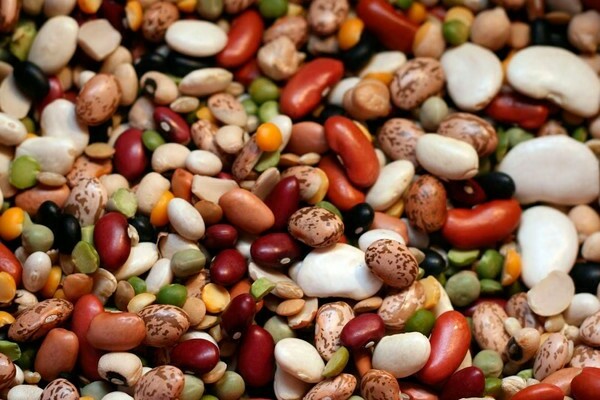
Retains a high percentage of germination up to 5 years. When grown in conditions over 10 degrees, it emerges in less than two weeks.
If you will be collecting seeds for storage, you should harvest them early in the morning. Otherwise, the seeds will crack and will no longer be suitable for storage. Dry the seeds thoroughly on all sides, then place in a cloth bag. Store in a well ventilated area.
Peas
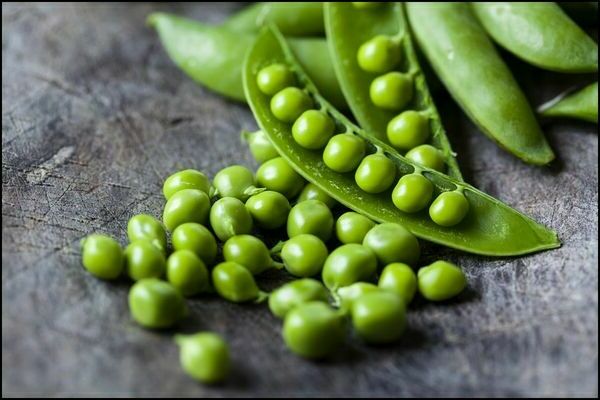
The germination period is 6 years. It grows at 10 degrees in a week. When peeling, it is worth getting rid of the darkened pods. Also dry well on a napkin for a week. Only after making sure that the seeds are dry, collect it in a cloth bag or paper bag, and leave it in a room at room temperature, not allowing humidity. Even with proper storage, sometimes check the stock for pests.
Melon
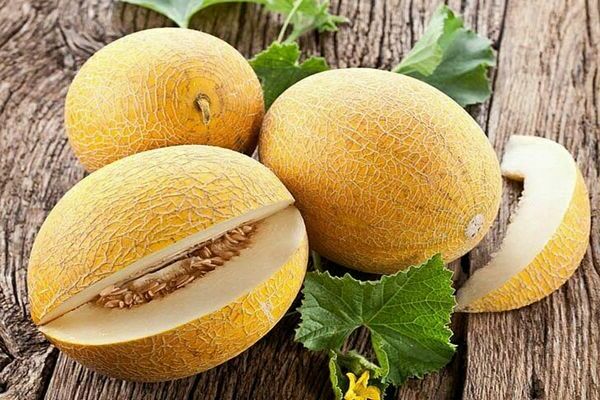
Refers to the melon culture. The shelf life is over 5 years. It emerges only at high temperatures, more than 19 degrees. It will take a little more than a week for seedlings to appear. For storage, seeds should be dried and stored in glass. Inside the vessel, the moisture content should not exceed 5%, otherwise the seeds will germinate ahead of time or mate.
Expiry date of seeds: eggplant
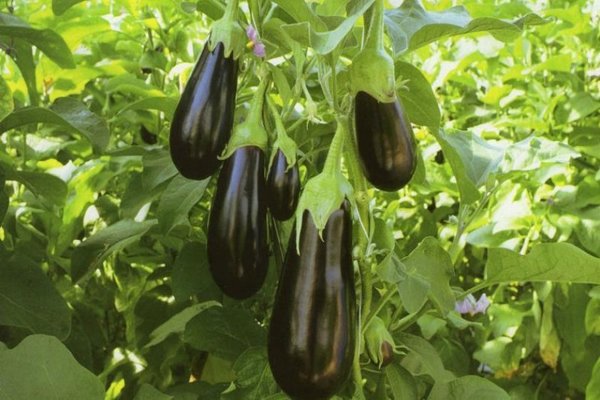
Germination period is on average 4 years. They sprout at temperatures above 19 degrees in two weeks. When collecting seeds, they must be washed, dried, rubbed to avoid adhesion of the seed material, which is why they lose quality, and placed in cloth bags, the temperature should be about 10 degrees.
Pumpkin, zucchini
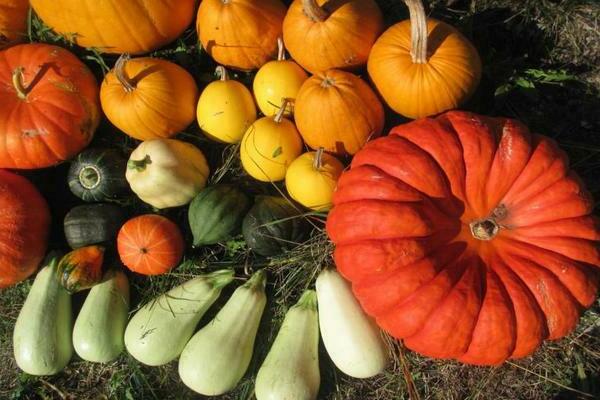
Germination period is 7 years. It grows at temperatures over 19 degrees in two weeks. When preparing seed material, carefully consider the choice of drying site. Air access is required, but no direct sunlight. Turn seeds periodically. For storage, a method with good ventilation and a temperature of more than 10 degrees is suitable. There is no need to rinse the seeds or remove the septa or they will become useless.
Expiry dates of seeds: cabbage
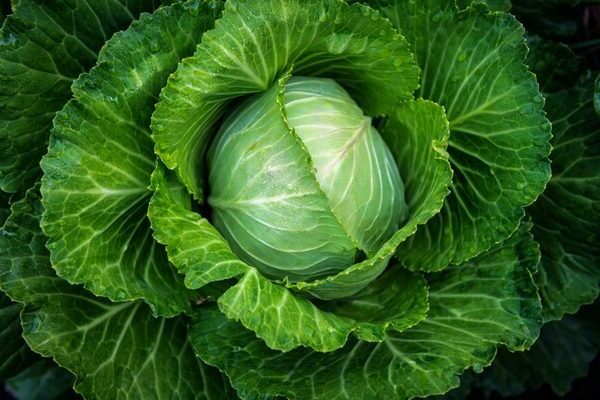
The shelf life is 4 years. Germinates at temperatures above 19 degrees.
To check the quality of the seeds for similarity, you can put the seeds on a damp cloth for a couple of days. If you do not let the napkin dry on the sixth day, borings will appear. Then they can be used as seedlings. The first shoots can be seen one, but not more than two weeks after planting. In the storage room, the desired humidity is 50% and the positive temperature is not higher than 6 degrees.
Corn
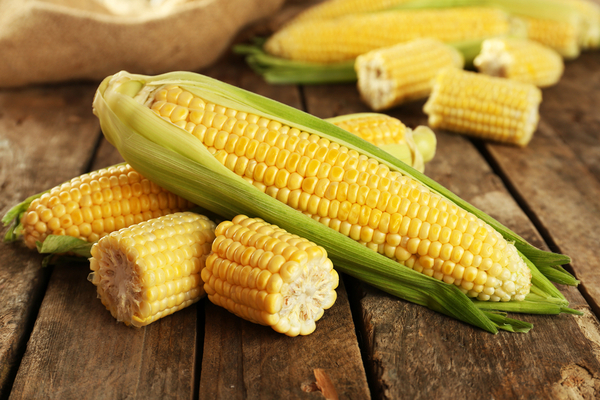
The germination period is a couple of years. The first shoots in a week. The temperature for germination should be above 21 degrees. When collecting seeds for storage, select only the largest ones without visible damage. For best germination, soak the harvested seeds in a solution (5% saline) for five minutes. For disembarkation, do not take only those that remain on the surface.
Carrot
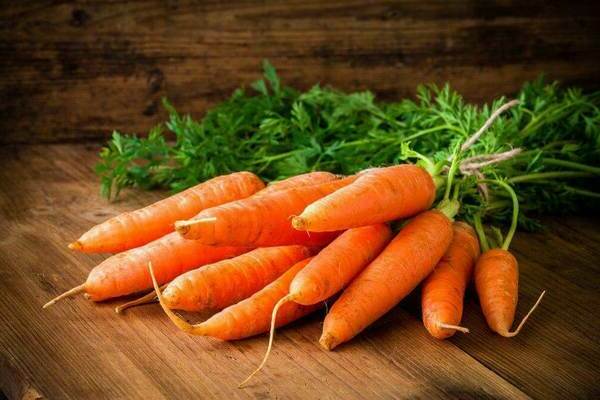
The shelf life is a couple of years. At 19 degrees Celsius and above, it sprouts in 2 weeks. If the seeds are soaked in advance in a growth promoter (1 tablespoon of ash per liter) heated to more than 35 degrees, the germination time will decrease. The seeds can be placed in the solution directly in the tissue bag in which they were stored. Leave for a day. The next day, rinse the seeds and put in the freezer for a couple of minutes. This is necessary for hardening. Then remove from the freezer and dry. Then you can sow.
Beet
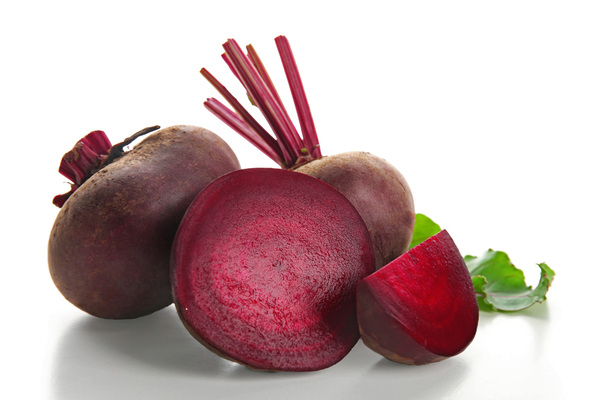
The germination period is a couple of years. Gives first shoots at more than 19 degrees Celsius in a week.
In the storage area, the desired temperature is 15 degrees. And the humidity is about 55%.
Expiry dates of seeds: parsley
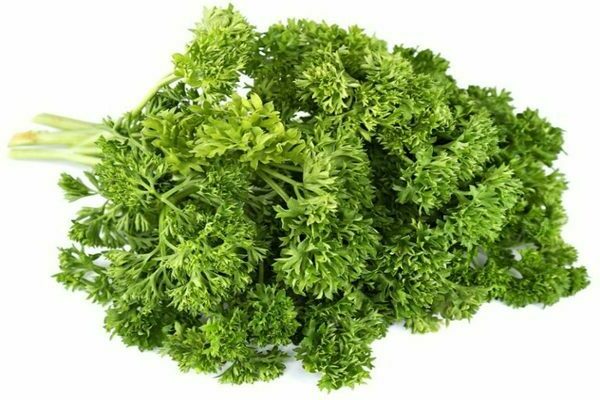
Germination period is 3 years. Gives first shoots at temperatures over 19 degrees in two weeks. In the storage room, the desired temperature is 15 degrees, humidity is about 55%. Before planting, sprinkle the seeds with hot water (about 55 degrees). This is necessary in order to rinse the essential oils from the seeds. Soaking is also used to accelerate germination.
Onion
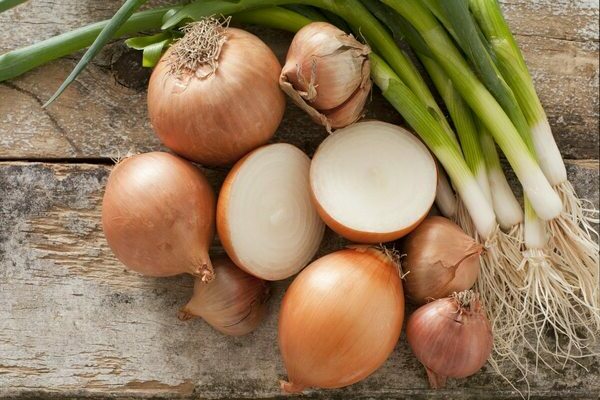
Germination period is 4 years. Gives first shoots at temperatures over 19 degrees in two weeks. Before planting seeds, they must be tested for germination. Two weeks before sowing, wrap in a damp cloth (and periodically moisten) and leave in a warm room for two weeks. After that, the seeds that hatch should be immersed in water (100 degrees) for 15 minutes, and then cooled in cold water for a minute. Then place the seeds in a damp bag and within 24 hours they will be ready for sowing. All steps must be taken in order for seeds and future plants to increase immunity to fungal diseases.
Pepper
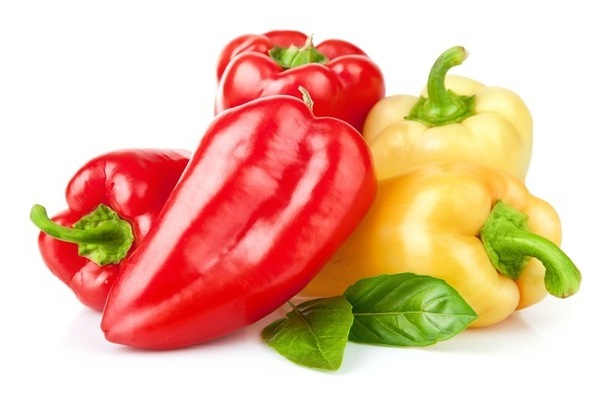
Germination period is 3 years. Gives first shoots at temperatures over 19 degrees in two weeks.In the storage room, the desired humidity is 55% and the positive temperature is not higher than 6 degrees. Experienced gardeners are advised to collect medium-sized seeds and disinfect them in a solution (2% potassium permanganate), and then soak them in an ash solution (1/5 of the ash) for five hours.
Dill
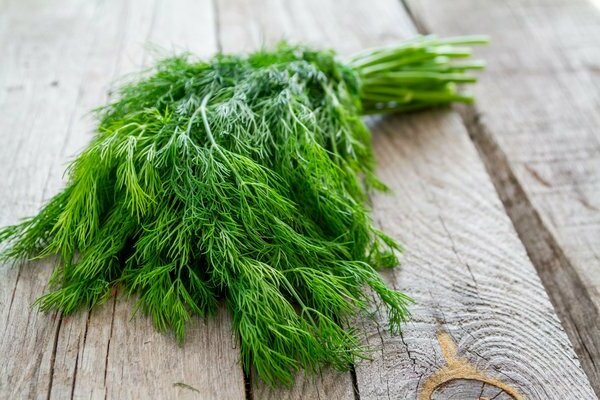
Germination period up to 5 years. Gives first shoots at a temperature of about 12 degrees. To improve the quality of the future harvest, before planting the seeds, place them in hot water for three days. Change the water periodically. To simplify this process, place the seeds in a trench bag.
Expiry dates of seeds: rhubarb
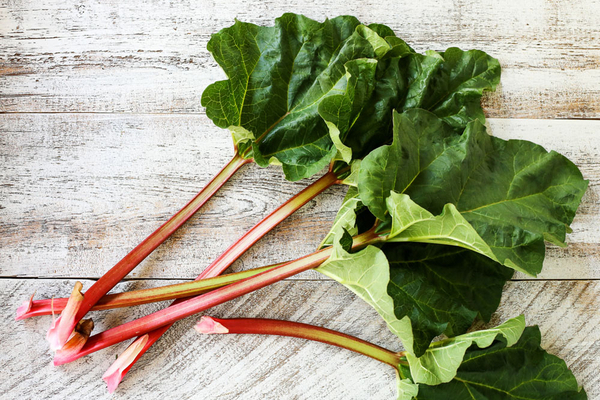
The germination period is a couple of years. Gives first shoots at temperatures over 19 degrees in two weeks. Before sowing the seed, it is recommended to soak it for a day so that the seeds swell, and then into a damp cloth to germinate. It will be possible to collect seeds for sowing only after a couple of years.
Radish
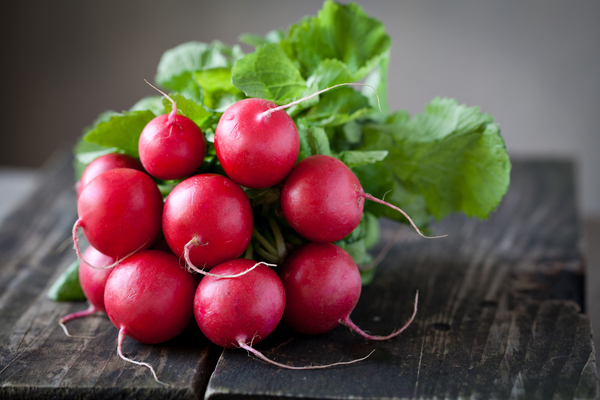
Germination period is less than a week. Gives first shoots at temperatures over 19 degrees in a week. The largest seeds should be selected before planting. If you have a sieve with a mesh of 2 mm, this will greatly simplify this process. The resulting seeds should be soaked for two days for germination rays.
Salad
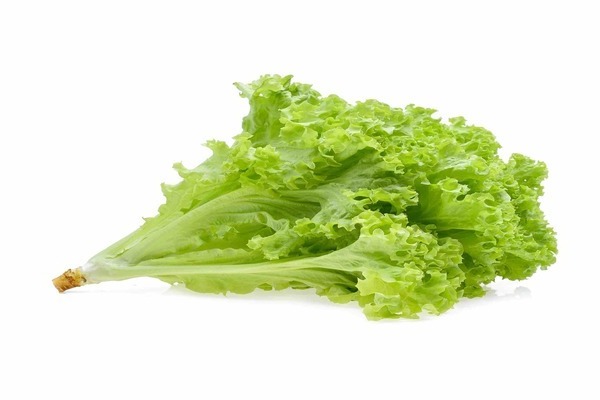
Shelf life is no more than 2 years. Gives first shoots at temperatures over 19 degrees in two weeks. Seeds that get wet in the rain and then dry out are not suitable for growing. The number of plants depends on the size and density of the seeds sown. Before sowing, soak the seeds in a nutrient solution and then rinse them under running water.
Expiry dates of seeds: turnip
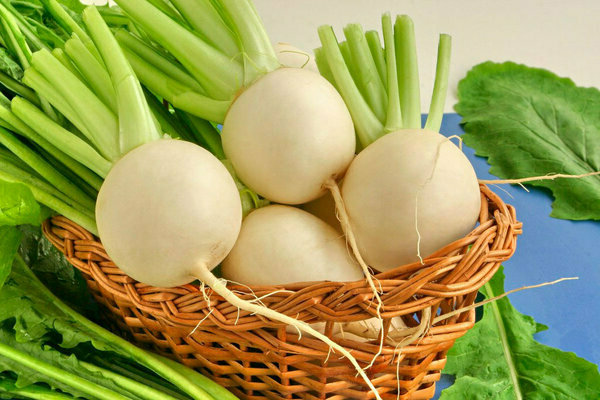
Germination period is not more than 5 years. Gives first shoots at temperatures over 19 degrees in a week. To improve the quality of the harvest, the seeds should be warmed up in advance. Dip a glass vessel with seeds in heated water up to 60 degrees for half an hour. Gardeners are advised to mix the seeds with sand for convenience when sowing.
Celery
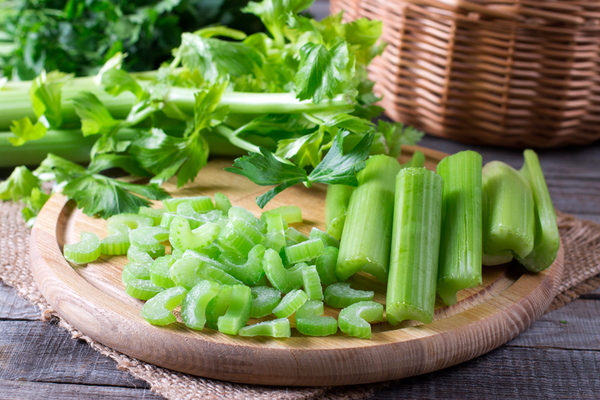
Germination period is not more than 2 years. Gives first shoots at temperatures over 19 degrees in two weeks. In the storage room, the desired humidity is 55% and a temperature of about 15 degrees.
To get rid of excess essential oil, which in turn accelerates germination, you should place the seeds (in a rag bag) in hot water for 19 minutes, and then in cold water for the same period. Then you can leave them on a damp cloth in a warm room. When seeds hatch, mix with sand and sow in soil or greenhouse.
Radish
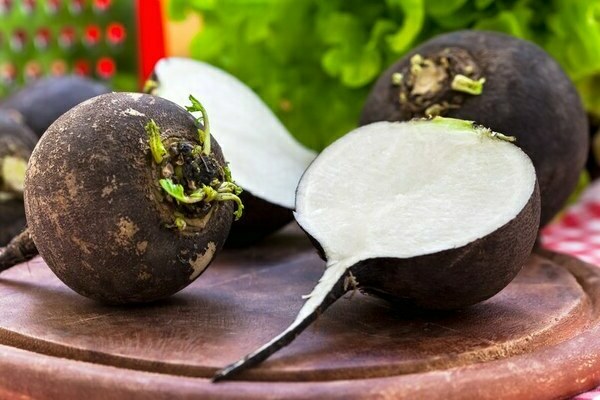
The shelf life of seeds is no more than 5 years. Germinates at temperatures over 19 degrees in a week. Place the seeds on a damp cloth before planting a week in advance. Five days before sowing, expose the seed napkin to the sun to swell. Before sowing, mix with sand for convenience.
For a good harvest, follow all recommendations about the time, humidity and temperature during storage, do not forget about the labeling. It is not that difficult, but it improves the quality of the crop.

